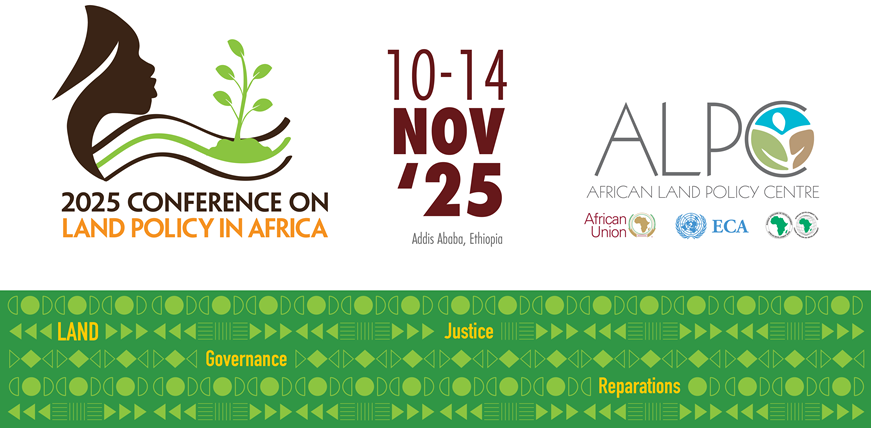
BACKGROUND
The quest for justice, reparations and restitution for crimes against humanity and the horrendous atrocities committed on Africa and People of African Descent through slavery and colonialism has been part of the liberation agenda of the African Union (AU), and its predecessor the Organization of African Unity (OAU). African land, African natural resources and the African people have for centuries been targeted by other nations for the provision of raw materials and labour toward the development of Western nations. During the transatlantic slave trade, African men and women were kidnapped and sold off to work without pay and under inhuman and extremely harsh conditions in plantations, constructions and industries in the United States, the Caribbean Islands and Britain. They created wealth to the slave owners and the countries in which they were enslaved, working under inhuman and intolerable conditions. Enslaved Africans were denied the right to own property and did not benefit from the land on which they worked. Whenever they revolted, the authorities responded through beatings, torture, deportations, and executions. The human rights violations and brutal killings of those who opposed slavery are well captured in historical accounts. In many cases, African women were sexually abused and raped in order to give birth to more slave labourers for slave owners who had the support of their governments. The policy of racial exclusion and discrimination from owning and accessing land through post-slavery systems such as share cropping and segregationist land laws have contributed to sharp social and economic inequalities and poverty among People of African Descent. The trauma experienced during slavery and the post-slavery period continues to this day.
The violations experienced by Africans and the People of African Descent during slavery were replicated during colonialism. A major motivation for colonialism was empire building: the acquisition of territories by European powers to extract Africa’s natural resources including land, timber and minerals. African nations were invaded especially after the Berlin Conference of 1884. Driven by a racist ideology and the hunger for resources, colonial systems often led to forceful seizure and redistribution of land, displacing indigenous communities and turning them into squatters. The land acquired by the colonizers became the foundation for accumulation of wealth. The introduction of colonial land governance systems on the continent undermined practices that had for centuries ensured unfettered community access to land and its resources.